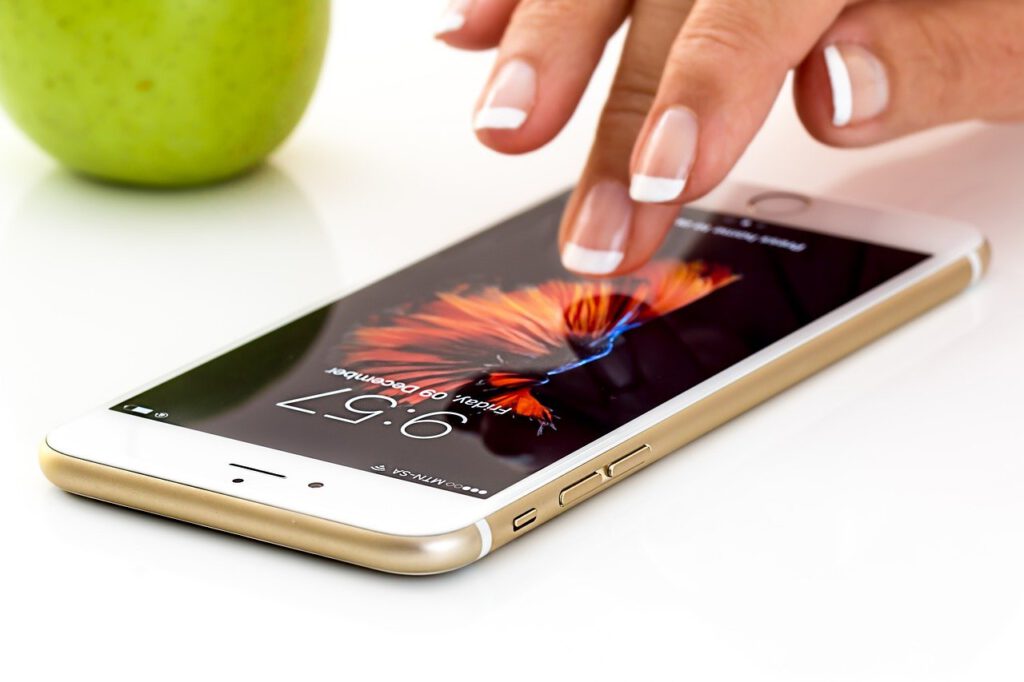When it comes to mobile carriers in the U.S., the situation is a mess. There is essentially Verizon, AT&T, and T-Mobile, the new owners of Sprint. However, there are other carriers to consider along with a handful of MVNOs. It turns out there are a lot of choices to be made and those choices can be a little confusing. Here is what you need to know to sort it out:
Bring Your Own Hardware
There was a time when you had your choice of phones, but only the ones offered by your carrier store. The phone actually belongs to the store. You are just making payments on it. You would only be able to move to another carrier if you owned your phone outright. Very few people pay full price for phones up front. So there is a certain amount of lock-in.
That lock-in allows mobile carriers to profit heavily on the interest they charge you for the phone. It may not look like interest on your monthly bill. But there are so many fees on your bill that are not easy to understand that it might as well just be called interest on the phone for which you are already overpaying.
Owning your phone always gets you a better deal. You will have lower monthly payments. Even if you had to get a small loan to purchase your phone outright, you will likely end up paying less in the long run. You can change carriers whenever you get ready and have the flexibility to do what is best for you.
iPhones offer an exception to the rule as you can take advantage of Apple’s installment program which allows you to make 24 no-interest payments for your iPhone including AppleCare Plus. You can trade in your phone every year for a new iPhone and a new 2-year installment plan.
Is Your Phone a Computer?
If you are the kind of person who still thinks of their phone as a phone, then your most important consideration will be call quality and how strong the signal is in the places where you are the most. Assuming you have good signal, almost any carrier will do.
If you are the type of person who uses your phone like a pocketable computer, you care more about things like data plans and high-speed options. Not only do you want the fastest LTE, you want 5G the moment it is available, even if the performance ends up being disappointing.
If your phone is your computer away from home, you will want to skip the small carriers and pick one of the big three. From there, choose the one with the best unlimited plan. If you use a lot of data, you will probably pay more at a smaller carrier as you zoom past your monthly budget before half the month is over.
Don’t Pay for Extras You Don’t Need
All carriers offer incentives to lure you in and keep you locked in. Some of those extras can be pretty enticing. Carriers go to great lengths to buy up rights to certain content so they can be the exclusive provider of NFL games on a mobile device, just as an example. If you are a football fan and always away from home when the big game is on, that might be worth it to you. But that shouldn’t have any part of your decision if you don’t even like sports. Be assured there is some hidden cost to providing that exclusive.If only one carrier covers the area you need, then you have no choice. Good signal trumps all other considerations. Bring your own phone. Find the carrier that caters to the kind of user you are. And don’t fall for promotional gimmicks that only end up costing you more in the end.

 by Carl Bunton 5 years ago
by Carl Bunton 5 years ago 